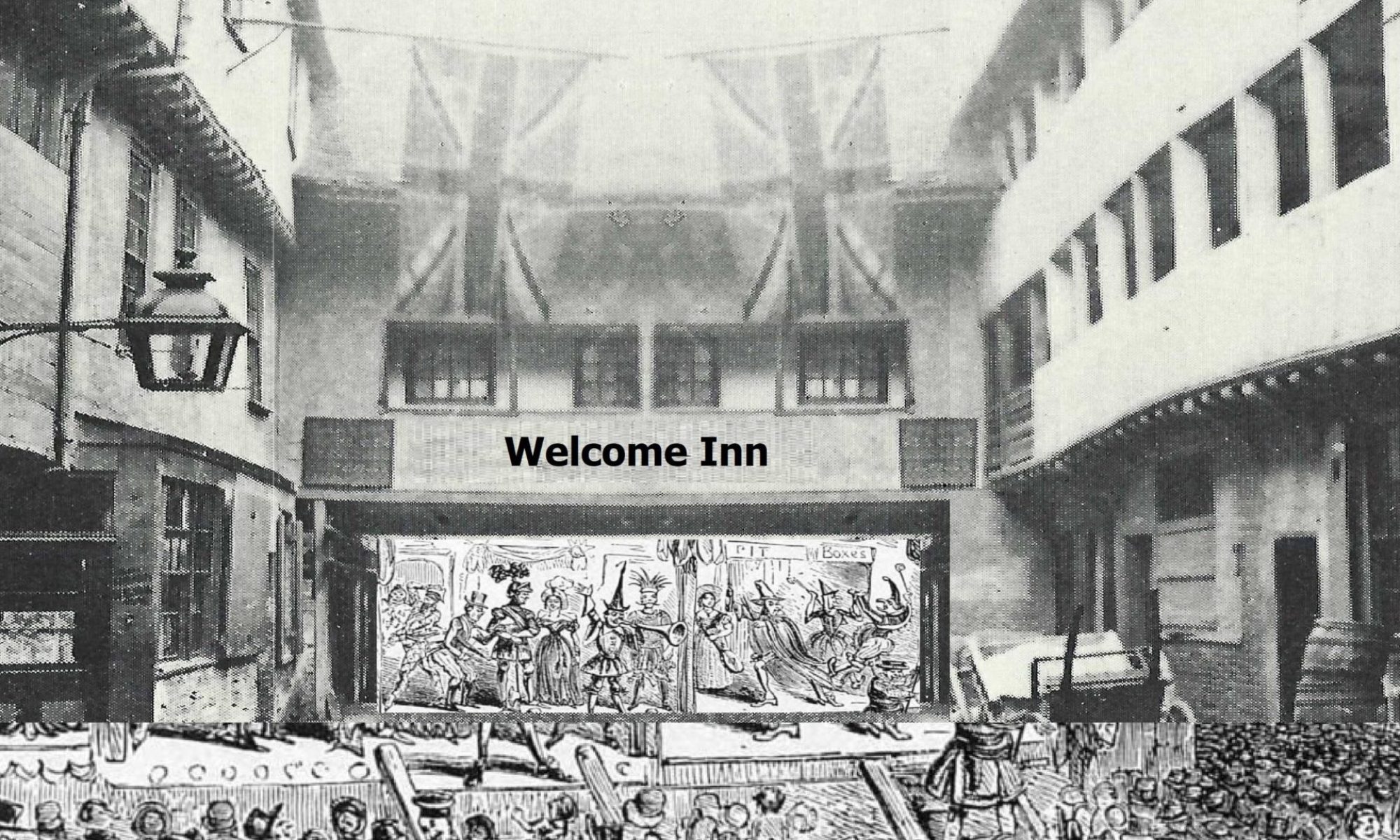Food is a universal cultural expression, a fundamental element in our definition of ourselves, through our identity as belonging to a group, and our identity as distinct from other groups. Members of ethnic groups use food as a way to identify themselves as part of their group, distinct from other cultures. At the same time, in the dynamic and fluid process of discovery of identity through food, these same members of ethnic groups can negotiate external factors and in doing so transform their cultures and society and those of others, thus fostering the process of integration. Not by chance, the philosopher and semiotician Roland Barthes defined food as a “system of communication, a body of images, a protocol of usages, situation, and behaviour”, which represents a whole system of meaning that strengthens the bonds between ourselves and others and defines our belonging to a specific cultural identity. The trend for more authentic ethnic ingredients responds not only to an economic demand but also to a desire to open up to a more multicultural palate in the globalised world, where the acceptance of the other passes through experiencing the food of the other. By cooking together, tasting each others’ food and mixing ethnic flavours, we can promote both cultural diversity and the appreciation and acceptance of other cultures.

Local Voices, Local Stories